Indonesia’s Transition: A Call for Action on Human Rights Violations
JAKARTA, RAKYAT NEWS – As Indonesia prepares for the inauguration of Prabowo Subianto as president on 20 October 2024, Amnesty International Indonesia urges the new government to prioritize the promotion and protection of human rights.
The transition marks an opportunity for a fresh approach to accountability, following the shortcomings of the previous administration under Joko Widodo.
While the Jokowi government made strides in infrastructure and economic growth, it was marred by serious human rights violations.
“Repressive practices—including the suppression of free expression, marginalization of Indigenous communities, environmental neglect, and a culture of impunity—represent serious breaches of Indonesia’s international human rights commitments,” stated Usman Hamid, Executive Director of Amnesty International Indonesia.
“The new leadership must prioritize ending these violations and fostering a more just and inclusive society.”
During Jokowi’s tenure, human rights defenders, journalists, and environmental activists faced significant repression, despite claims of progress in human rights and rule of law. From January 2019 to October 2024, at least 454 incidents were recorded against 1,262 human rights defenders, including Indigenous individuals.
Notably, peaceful protests against controversial laws were often met with excessive force, intimidation, and arbitrary arrests. Protests related to laws such as the Job Creation Law and changes to the Regional Elections Law highlighted the urgent need for reform.
“The new administration must recognize that peaceful protest is a vital aspect of free expression, as protected by the Constitution and international treaties,” he added.
The Electronic Information and Transaction (UU ITE) Law continues to be a troubling tool for criminalizing dissent, despite revisions. It has become a mechanism to suppress criticism and intimidate those challenging governmental abuses.
From January 2019 to September 2024, Amnesty documented 521 cases where individuals were charged under the UU ITE Law for defamation and hate speech, illustrating a broader pattern of repression.
Marginalization of Indigenous Peoples and Environmental Neglect
Indigenous communities continue to face significant challenges. For instance, residents of Poco Leok in East Nusa Tenggara protested against government land seizures for a Geothermal Power Plant, facing violence and arrests during their demonstrations. Similar repression has been observed in Nusa Tenggara Barat, where local voices were silenced during the MotoGP events.
National strategic projects have endangered Indigenous lands, often without adequate consultation or compensation.
“The government disregards the need for free, prior, and informed consent, treating Indigenous peoples as obstacles to development,” said Hamid.
In Papua, the construction of the Trans-Papua Highway has raised concerns, as has the national strategic food estate project in South Papua, which proceeded without proper community agreement. Ongoing projects threaten the rights and environments of communities across Indonesia.
“The new president must prioritize sustainable development that respects Indigenous land rights and ensures affected communities have a meaningful voice in decisions impacting their lives,” Hamid emphasized.
Humanitarian Crisis in Papua
Violence between state security forces and Papuan pro-independence groups has resulted in numerous casualties. Between February 2018 and August 2024, at least 132 unlawful killings in Papua were documented, with significant civilian casualties attributed to security forces.
“We urge the new administration to reassess its heavy-handed security approach in Papua, which has only led to further violations,” said Hamid. “Ensuring justice and accountability for human rights violations is essential.”
Broken Promises and Unresolved Past Rights Abuses
Despite Joko Widodo’s 2014 promises to address past violations and end impunity, progress has been disappointing. Victims of human rights abuses continue to lack access to justice, with no significant advancements in cases acknowledged by the government.
“The new president must prioritize human rights and accountability,” Hamid urged. “This includes conducting thorough, independent investigations into past violations and ensuring justice for victims. A government that fails to confront its past is destined to repeat it, and it is crucial that Prabowo’s administration breaks the cycle of impunity.” (Uki Ruknuddin)



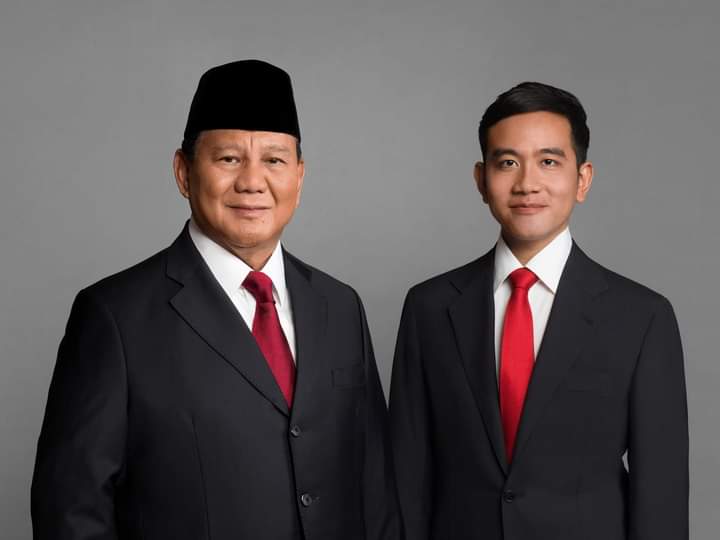














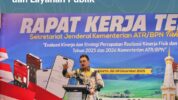


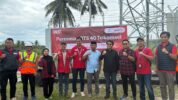
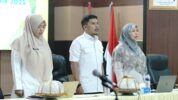
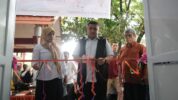



Tinggalkan Balasan